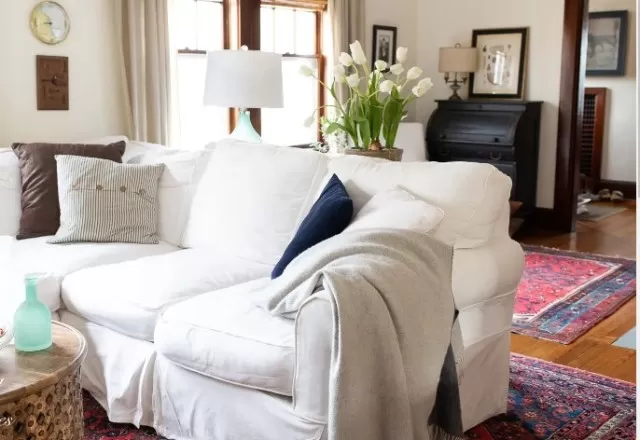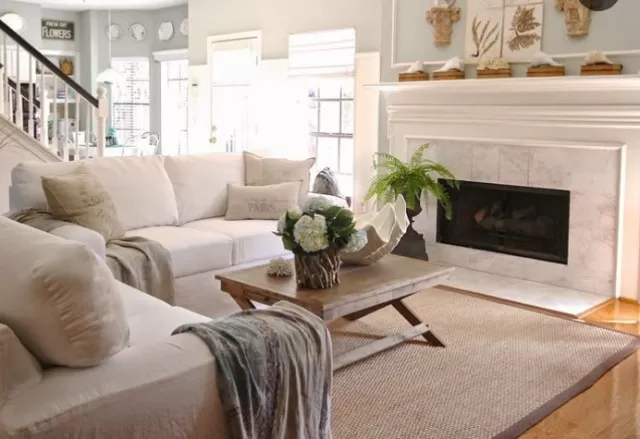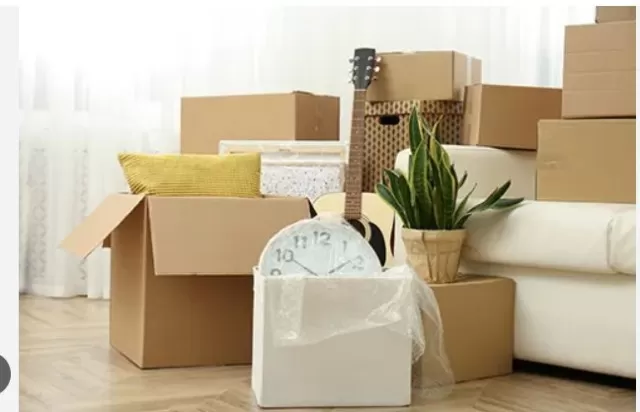The Right Organizational System Based on Your Personality. Your personality type not only shapes your preferences and interests but also influences how you approach various aspects of life, including keeping your home tidy.
Understanding your personality type can be the key to achieving and maintaining organization in your living space. Our experts suggest that creating an organizational system that aligns with your personality traits is the secret to success—a refreshing alternative for those who have struggled with more conventional methods in the past.
Your personality holds valuable insights into what organizational strategies will work best for you. Whether you’re naturally inclined towards structure and order or thrive in a more flexible and creative environment, tailoring your organizational system to your unique personality can lead to greater success and satisfaction.
Discover Your Personality Type: Exploring the Big Five Traits

Understanding your personality type can offer valuable insights into various aspects of your life.
One widely recognized personality classification system is the Big Five, also known as OCEAN, which encompasses five main dimensions: openness, conscientiousness, extroversion, agreeableness, and neuroticism. By delving into our comprehensive Big Five guide, you can determine which group you belong to and gain a deeper understanding of your personality.
The Big Five classification system provides a framework for understanding and categorizing different personality traits.
Exploring each dimension—openness, conscientiousness, extroversion, agreeableness, and neuroticism—allows you to uncover the unique characteristics that shape your personality.
By examining the Big Five traits, you can gain insights into your preferences, behaviors, and tendencies across various aspects of life.
This knowledge can be valuable in personal development, relationships, and even choosing an organizational system that aligns with your personality type.
Home Organization Tips: Matching Your Personality Type for Success

Maintaining an organized home can be a daunting task, particularly for individuals facing time constraints, limited space, or the responsibility of organizing belongings for others, such as parents and caregivers.
Fortunately, our experts suggest that choosing an organizational style that aligns with your personality type can make the process a little easier and more manageable.
Each person has a unique personality, and tailoring your organizational approach to match your personality traits can significantly contribute to your success in staying organized.
Whether you thrive in a structured and systematic environment, prefer a creative and flexible approach, or find motivation in collaborative efforts, there are home organization tips that can cater to your specific personality type.
For those short on time, efficient and time-saving organizing techniques may be beneficial.
Maximizing storage solutions, decluttering regularly, and utilizing digital tools can help streamline the organization process. If you’re dealing with limited space, creative storage solutions, multifunctional furniture, and strategic organization methods can help optimize your living area.
Organizing Tips for Open-Minded Individuals: Embracing Creativity and Personal Expression

Embracing this inclination for creativity and personal expression, Shantae Duckworth, a professional organizer, suggests setting up storage systems that not only serve practical purposes but also allow you to showcase your interests and passions.
Consider installing a visually appealing shelving unit that beautifully displays your favorite collections alongside essential items. This personalized approach not only adds a touch of uniqueness to your space but also serves as a source of inspiration and motivation to maintain an organized environment.
As someone with an open mind, your organizational systems can reflect your desire for self-expression.
Experiment with unconventional methods, incorporate artistic elements, and infuse your personal style into Your Organization process. By embracing your creativity and unique approach to organization, you can cultivate an environment that not only promotes order and efficiency but also reflects your individuality and sparks joy.
Conscientiousness: Detailed and Specific Systems

Individuals who score high in conscientiousness tend to thrive with highly-detailed and methodical organizational approaches.
These individuals benefit from tried-and-true methods that have proven to be effective. Christine Karper, Ph.D. , LMHC.
, QCS (FL), program chair at the College of Social and Behavioral Sciences at the University of Phoenix, explains that conscientious individuals often utilize traditional means, such as creating printed lists on legal pads or using clearly labeled plastic bins or boxes.
A dialed-in and precise approach to organization is key for conscientious individuals.
Shantae Duckworth, a professional organizer, suggests taking a meticulous approach when organizing various areas of your home. For instance, if you’re organizing your pantry, consider grouping and arranging items not only by category but also by specific food types.
This level of detail goes beyond the basics and allows for a more organized and efficient system.
By incorporating detailed and specific organizational methods, conscientious individuals can create an environment that supports their need for structure and order.
Utilize proven techniques, develop well-structured systems, and implement clear labeling to maximize efficiency and maintain a sense of control over your space.
Extroversion: Colorful and Visual Systems for Efficient Transitions

Individuals who score high in extroversion are naturally drawn to vibrant and visually engaging storage solutions.
According to Karper, organizing by color and pattern is often a characteristic trait of extroverted individuals. Their organizational methods tend to be busy and lively, reflecting their energetic and outgoing nature.
As extroverts love being around others and often have a busy social life, their organizational systems should facilitate quick and efficient transitions.
Focusing on areas that assist with these transitions is essential. One crucial area to prioritize is their closets.
Duckworth highlights the importance of organizing clothes by season, style, and occasion for extroverted individuals. This system allows them to easily grab an outfit suitable for different situations, whether it’s a night out, work, or the gym.
Agreeableness: Customizable Systems for Harmonious Environments

Great news for individuals who align with the agreeableness category: when it comes to organization, flexibility is key.
According to Karper, agreeable individuals have the freedom to explore different organizing trends and find solutions that suit their own needs or the needs of their family. They may also adapt their organizational style to match the preferences of others they are working with.
Duckworth concurs, noting that those in the agreeableness category may benefit from selecting an organizational method that caters to the entire household.
These individuals often prioritize organizing for the greater good of the family. They strive to ensure that markers for their children are sorted and easily accessible, kitchen cabinets are organized in a way that benefits the entire family’s navigation, and so on.
Neuroticism: Structured Systems with Attention to Detail

Individuals who score high in neuroticism tend to thrive with structured and organized approaches, similar to those in the conscientiousness group.
However, neurotic individuals may take it a step further by incorporating additional elements of organization, such as alphabetizing or color coding their belongings. According to Karper, they have a keen attention to detail and a strong desire for order.
To maximize their organizational efforts, individuals high in neuroticism can benefit from tracking their systems and belongings.
Keeping an Excel spreadsheet or a structured list can help them stay on top of their organization and provide a sense of control. This level of organization allows them to problem-solve more effectively and maintain a structured environment that alleviates their neurotic tendencies.
*The information is for reference only.